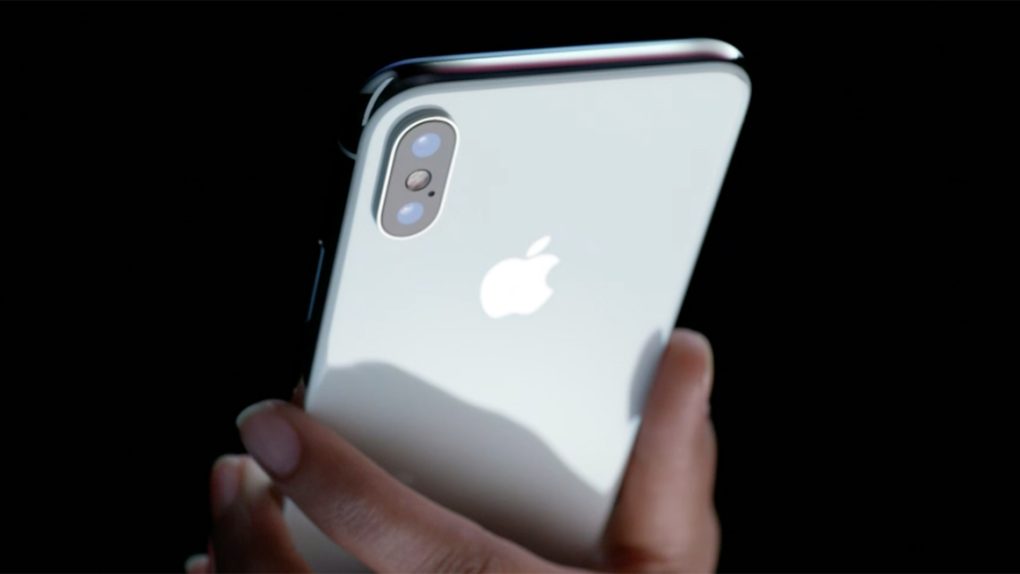Apple’s upcoming iPhone X is by far the most hotly anticipated new smartphone of 2017. There is no close second. Apple fans are starved for a redesigned iPhone after three straight years with the same look and feel, and the iPhone X is just what the doctor ordered. The company’s tenth-anniversary iPhone looks like nothing we’ve ever seen before from Apple, and it’s packed with more new tech than anything we’ve seen in years from Apple’s smartphone lineup.
The iPhone X also ditches a few features that were integral pieces of the iPhone puzzle in years past, and that brings us to Friday morning’s bellyaching.
This will come as no surprise, but people really like to complain on the internet. They really, really, really love it. Sometimes it seems like the internet was invented solely so that people from all over the world can easily band together and whine incessantly.
Among Apple fans, this morning’s grumbling focused on a new report from the world’s most accurate Apple insider. According to KGI Securities analyst Ming-Chi Kuo, next year’s successors to the iPhone X and iPhone 8/8 Plus will all abandon Touch ID in favor of Face ID. That’s right, if Kuo is correct — and he typically is — there will be no home buttons or fingerprint scanners on any of next year’s iPhones.
Yeah, people are flipping out.
During its presentation in September, Apple positioned Face ID as a big step forward for biometric authentication on smartphones. Executives didn’t mince words when they spoke about how advanced the technology is or how much more secure it is than Touch ID. So the first issue here pertains to logic — if Apple believes Face ID to be a better and more secure solution than Touch ID, why wouldn’t it replace fingerprint scanners on all future iOS devices?
The second big problem here should be fairly obvious, but I’ll spell it out just in case the sheer ridiculousness escapes you: no one outside of Apple has used Face ID. A handful of bloggers, some tech journalists, and a few analysts might’ve spent a very brief amount of time playing with it after Apple’s press conference last month, but exactly zero conclusions can be drawn at this point.
It seemed like the biggest concern with Face ID following the iPhone X’s unveiling was related to speed and convenience. But we’ve already established that Face ID can be configured so that the iPhone X will likely be unlocked and ready to go long before the phone’s display enters the user’s line of sight. In other words, unlocking an iPhone with Face ID is probably already as fast and easy as unlocking a phone with Touch ID… and it will only get faster with time.
The bottom line is this: stop whining. Seriously. Face ID on the iPhone X might turn out to be an absolute disaster that doesn’t deliver on any of Apple’s promises. It might also be the best thing that’s happened to the iPhone lineup since Touch ID was introduced in 2013. You won’t know until you get your hands on an iPhone X yourself and use it for a while, so getting worked up over it now is a waste of time.








